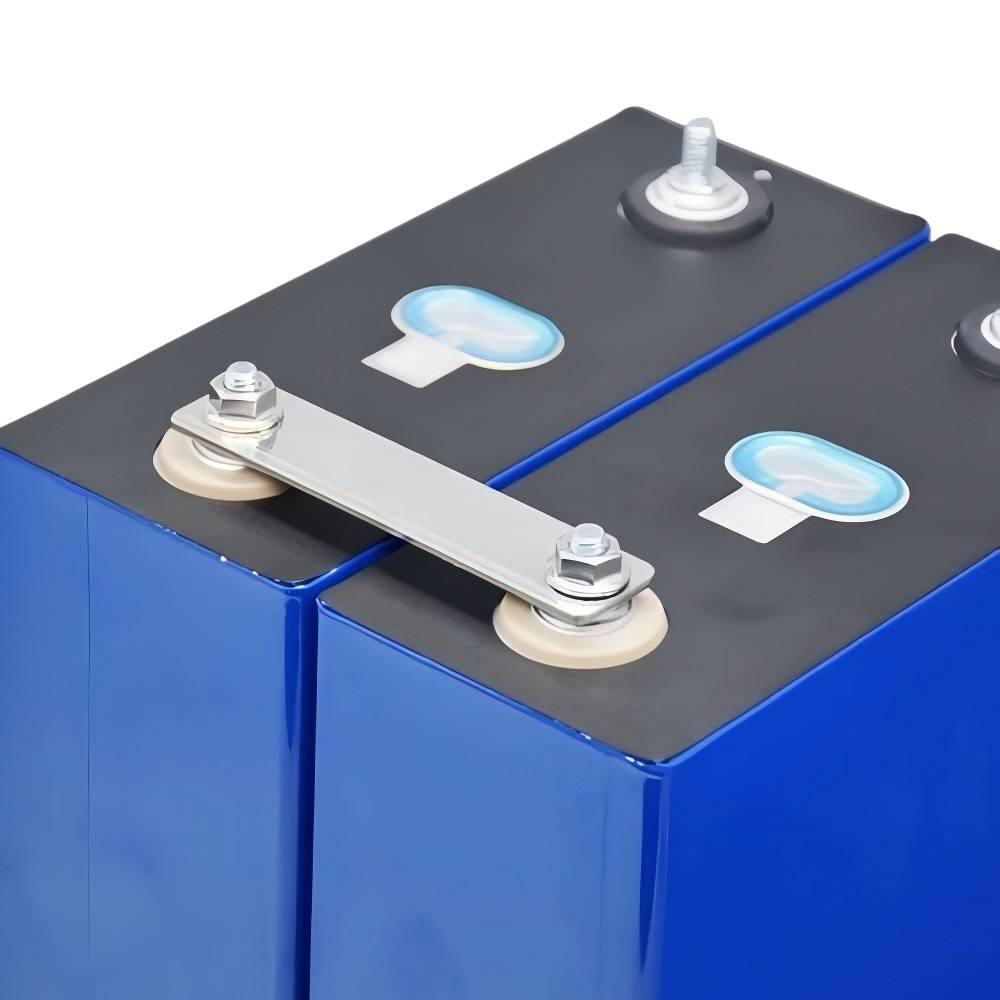Blog
The Key to Battery Pack Connections: How to Select the Right Bus Bars?

Selecting the appropriate bus bars for a lifepo4 battery pack is crucial to ensuring efficiency, safety, and optimal performance. A well-matched bus bar should align in width, length, and thickness with the internal bus bars of the battery pack. Additionally, surface plating with tin or silver enhances conductivity and corrosion resistance. Over-designing or using excessively robust bus bars beyond the internal bus bars’ performance specifications may lead to unnecessary material costs and inefficiencies.
What Are Bus Bar Connectors?
A bus bar, also known as a busbar, is a conductive metal strip or bar designed for short-distance, high-current power distribution. These components are integral to electrical systems, ensuring efficient power flow with minimal resistance.
Materials and Design Considerations
Bus bar connectors are generally made from copper, brass, or aluminum due to their excellent electrical conductivity. The choice of material depends on the specific electrical and mechanical requirements of the application:
- Copper Bus Bars: Offer the highest electrical conductivity and durability, making them ideal for high-power applications.
- Aluminum Bus Bars: Lightweight and cost-effective, though they require careful surface treatment to prevent oxidation.
- Brass Bus Bars: Provide good corrosion resistance but have lower conductivity than copper and aluminum.
Additionally, bus bars may be laminated with materials such as tin, silver, or even gold to enhance conductivity, reduce oxidation, and improve long-term reliability. Laminated bus bars, consisting of stacked conductive layers separated by insulating materials, are particularly effective in high-power and high-frequency applications due to their ability to minimize electrical noise and thermal issues.
Benefits of Using Bus Bars
Bus bars offer several advantages that make them a preferred choice in electrical power distribution systems:
- Efficiency: Bus bars can handle high electrical currents with minimal resistance, reducing energy losses.
- Heat Dissipation: Their large surface area helps in effectively dissipating heat, preventing overheating and potential failures.
- Multiple Connections: A single bus bar can accommodate multiple connections, reducing the complexity of wiring and enhancing organization.
- Flexibility in Design: Available in various shapes, including flat strips, solid rods, and hollow tubes, bus bars can be customized to meet specific application needs.
- Cost Reduction: By replacing traditional cable harnesses, bus bars lower material and labor costs while improving system reliability and longevity.
Applications of Bus Bars in Battery Packs
Bus bars are widely used in battery packs across different industries, including electric vehicles (EVs), renewable energy storage, and industrial power systems. Here are some common applications:
- Electric Vehicles (EVs): Bus bars play a crucial role in connecting battery cells and modules while ensuring efficient energy transfer and minimizing voltage drops.
- Renewable Energy Systems: In solar and wind energy storage systems, bus bars facilitate high-current distribution between batteries and inverters.
- Data Centers and UPS Systems: Bus bars ensure reliable and scalable power distribution in uninterruptible power supplies (UPS) and server infrastructure.
Conclusion
Choosing the right bus bars for a lifepo4 battery pack requires careful consideration of material, size, conductivity, and plating. By matching the performance of internal battery bus bars and selecting high-quality materials with proper plating, users can enhance electrical efficiency, safety, and overall battery system reliability. With applications spanning electric vehicles, renewable energy storage, and industrial power systems, bus bars remain an essential component of modern electrical engineering solutions.
- Next:OTS LiFePO4 Batteries vs DIY LiFePO4 Batteries: Key Differences You Need to Know
- Previous:How To Properly Dispose of and Recycle LiFePO4 Batteries: An In-Depth Guide
Contact Details
Lithium LiFePO4 Batteries and Lithium LiFePO4 Cells Supplier - LiFePO4 Battery Shop
Contact Person: Miss. Elena Wang
WhatsApp : +8615263269227
Skype : +8615263269227
WeChat : 15263269227
Email : info@lifepo4batteryshop.com
All Products
Certification
Customer Reviews
- I have fond memories of our meeting in Shanghai with LiFePO4 Battery Shop Elena. Your company left a strong impression on me with its impressive growth and professionalism. We both value straightforwardness and honesty, which I believe are the most important qualities in any partnership. I am confident that we can build a successful collaboration based on these shared values. —— Robert from USA
- I've been working with LiFePO4 Battery Shop for years, and their reliability is unmatched. While other suppliers frequently change sales teams, LiFePO4 Battery Shop has consistently provided exceptional service with a stable team. Their commitment to quality and customer support truly sets them apart. —— Henry from Australia



